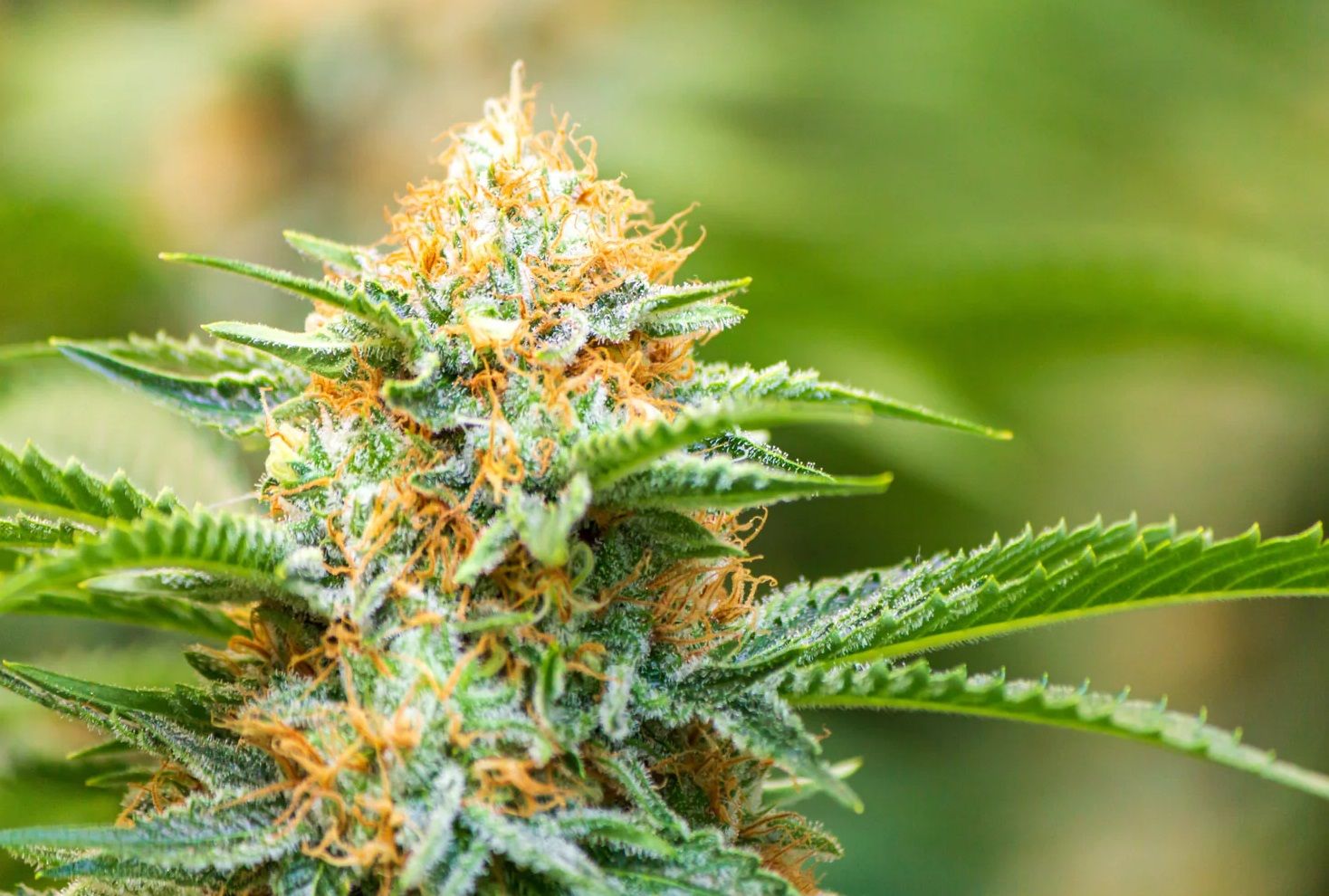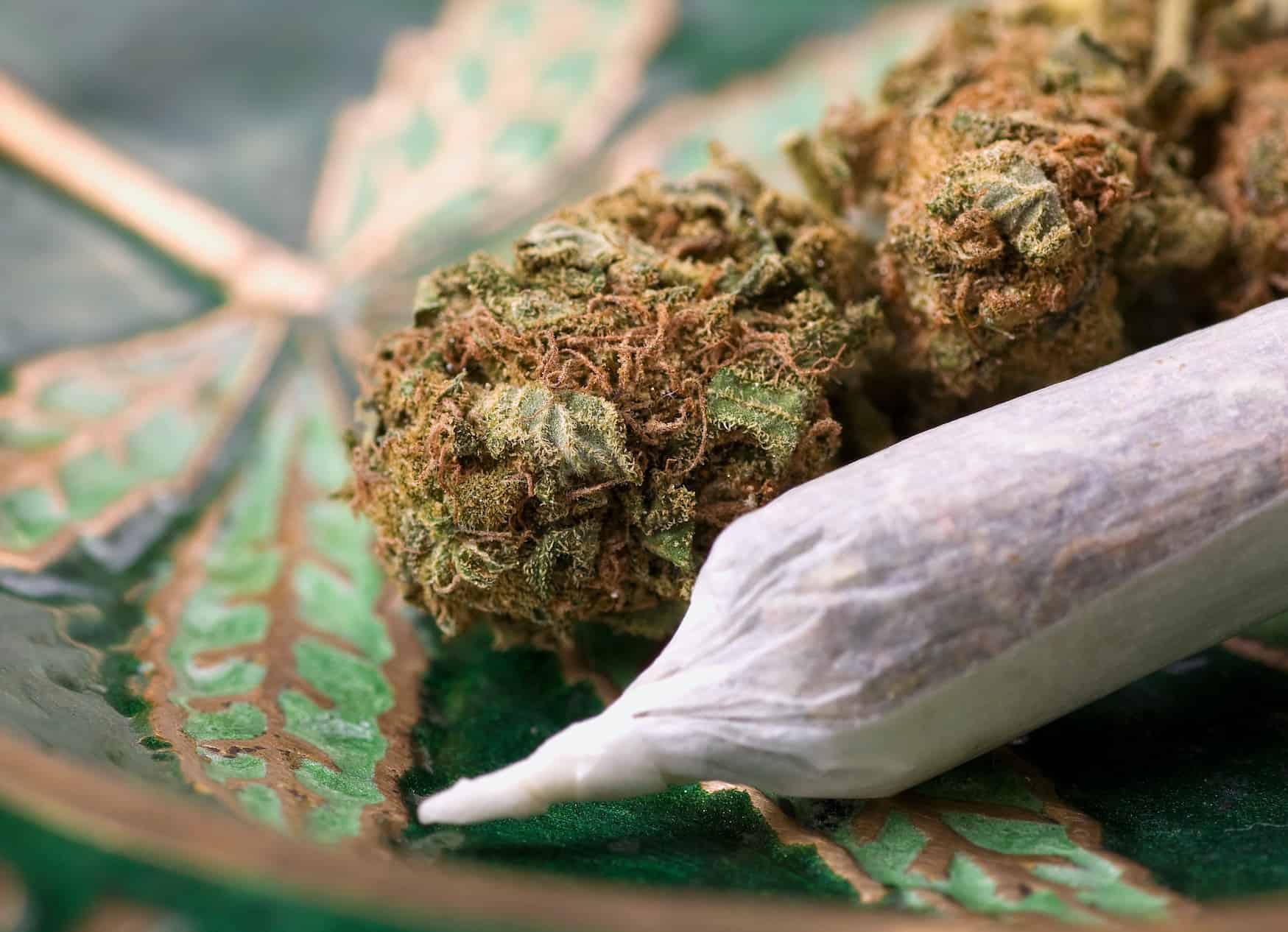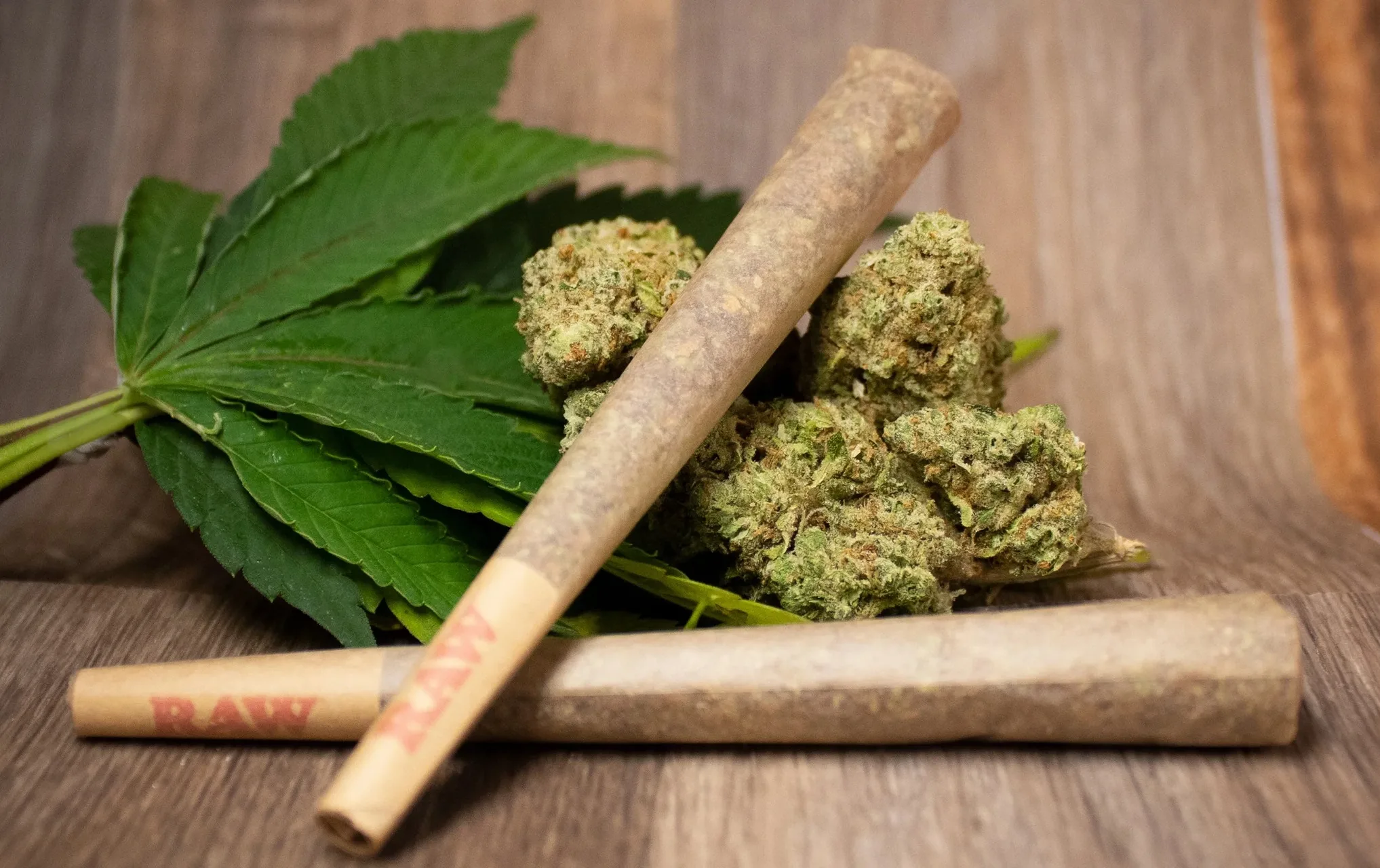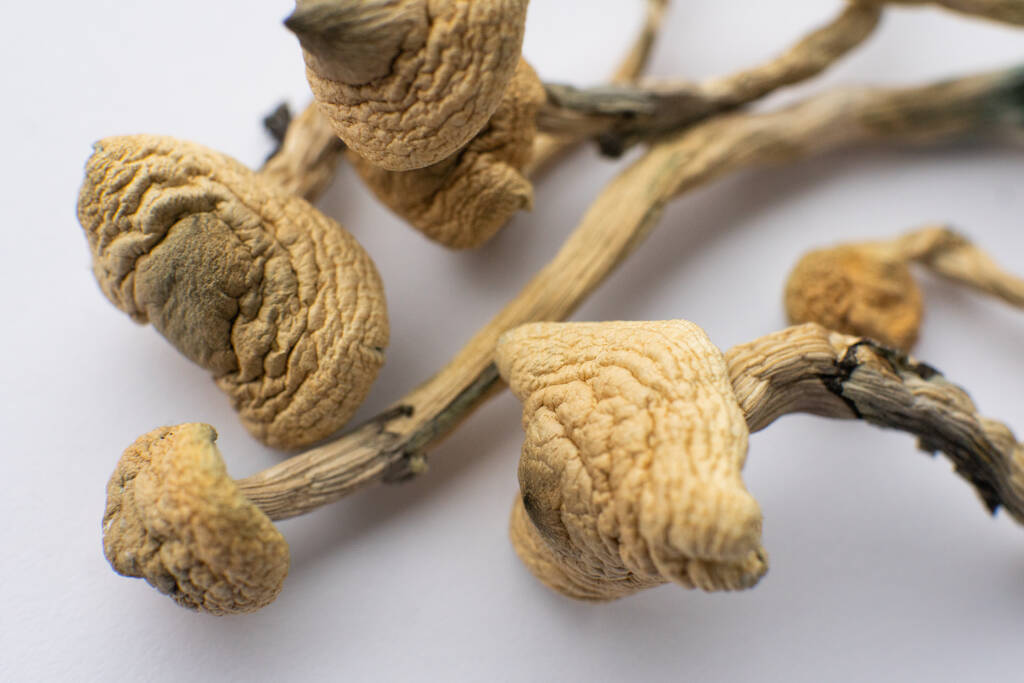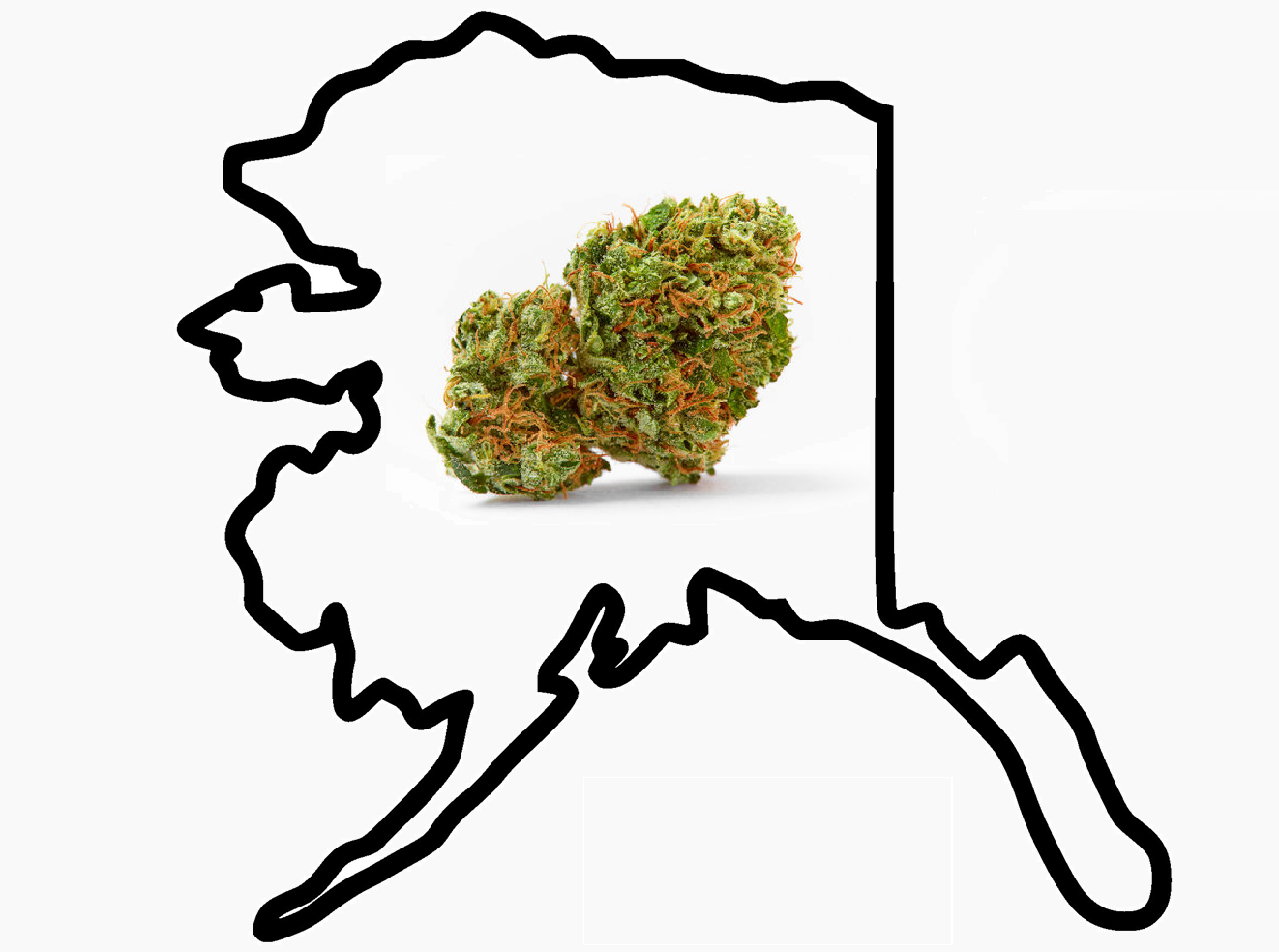According to the results of a new study conducted by researchers from the National University Arturo Jauretche in Argentina, CBD is “effective and safe” in combatting drug-resistant epilepsy.

Researchers “conducted a prospective, observational, open cohort study, with a before-after design, in adult patients, we assessed the effectiveness, dosage, and tolerance of adjunctive CBD treatment.” The results were published in the journal Epilepsy & Behavior.
The aim of this study “was to evaluate, in the same patient population that was part of a previous observational study, depression, quality of life, anxious symptoms and daytime sleepiness before and after CBD treatment.”
Continue reading

